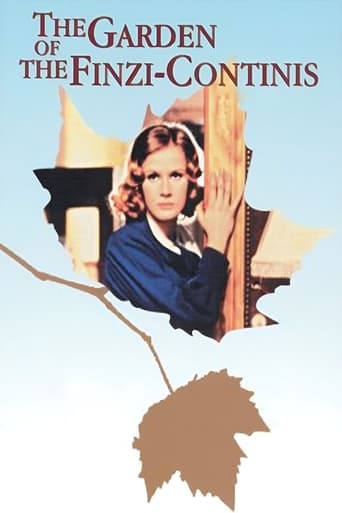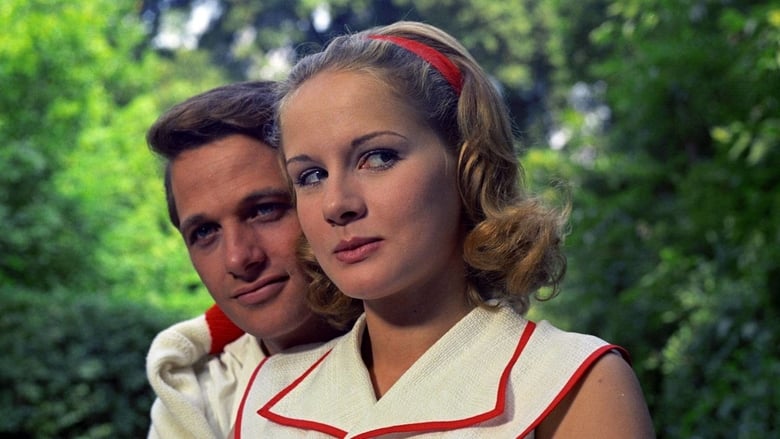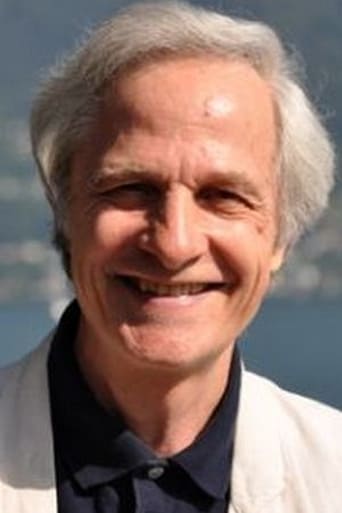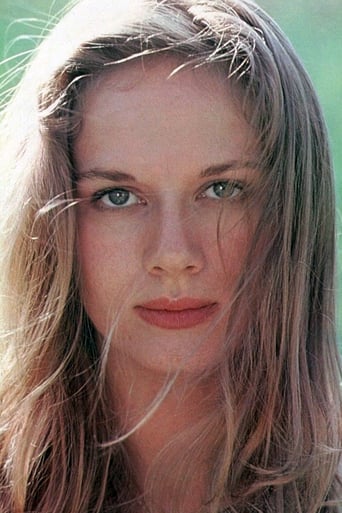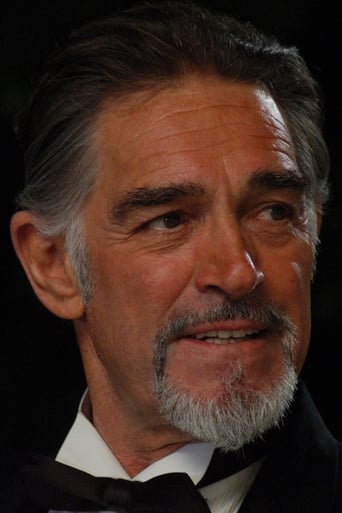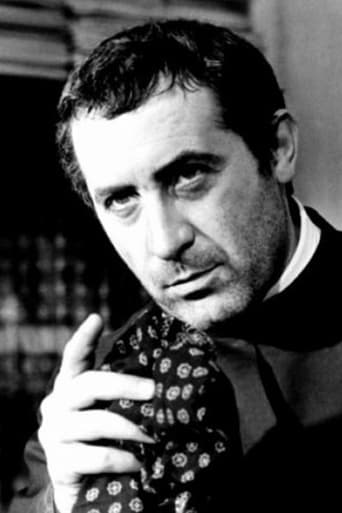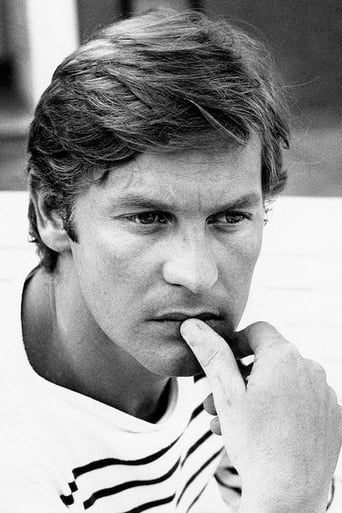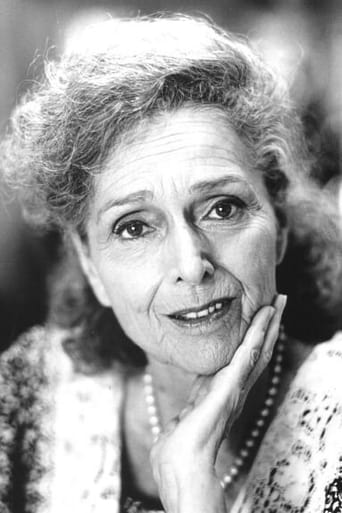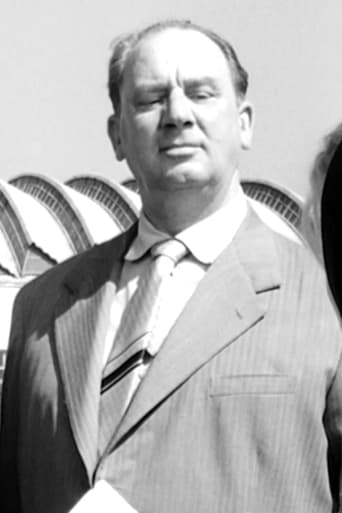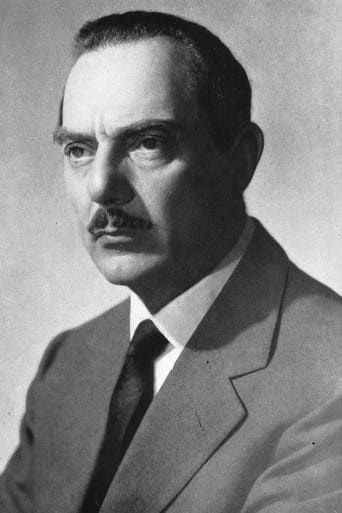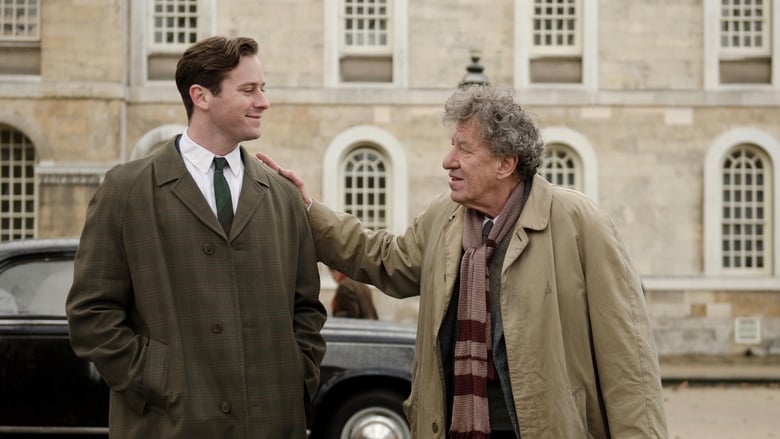In late 1930s Ferrara, Italy, the Finzi-Continis are a leading family: wealthy, aristocratic, and urbane; they are also Jewish. Their adult children, Micol and Alberto, gather a diverse circle of friends for tennis and parties at their villa with its lovely grounds, and try to keep the rest of the world at bay. But tensions between them all grow as anti-Semitism rises in Fascist Italy, and even the Finzi-Continis will have to confront the Holocaust.


Similar titles
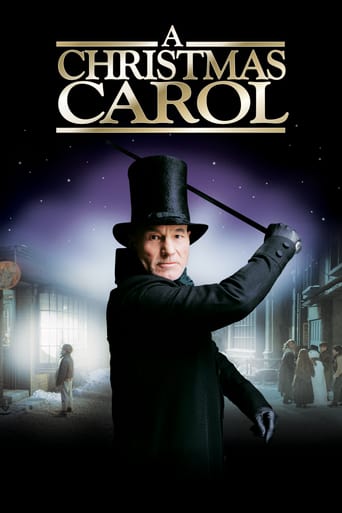
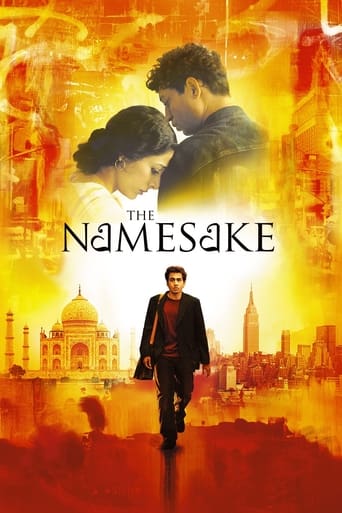
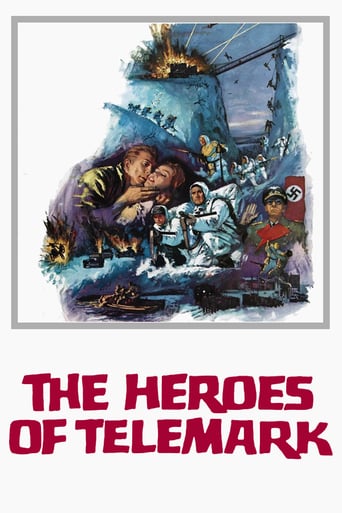
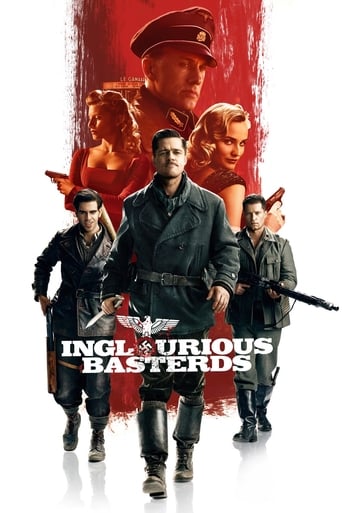
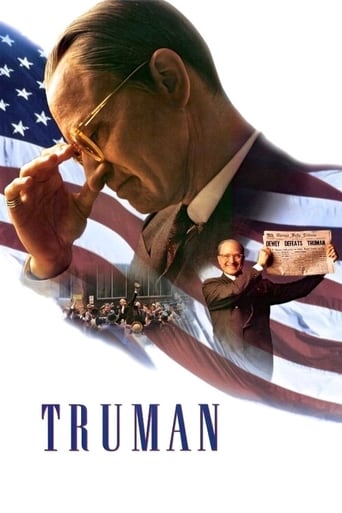
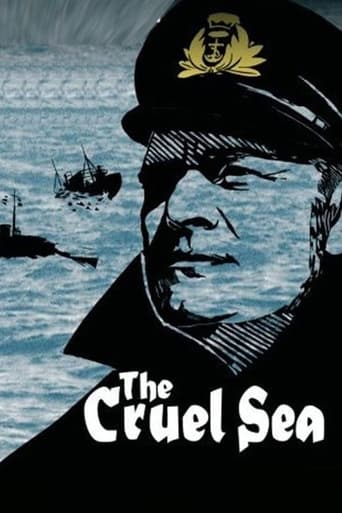
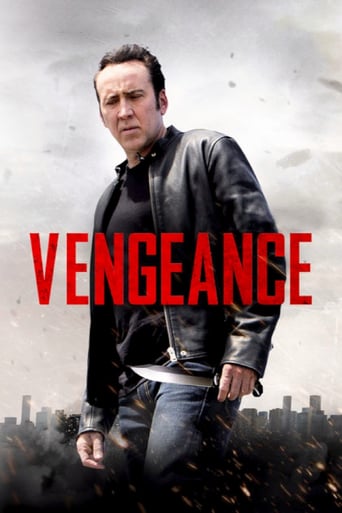
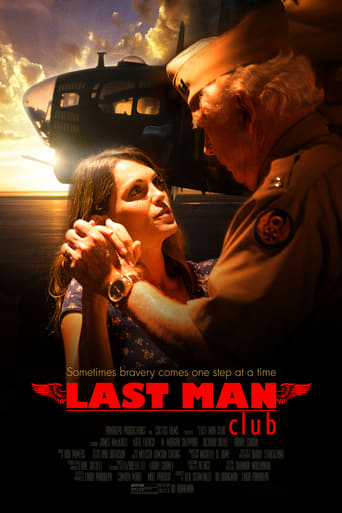
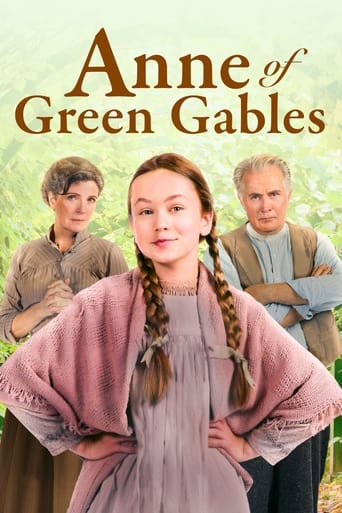
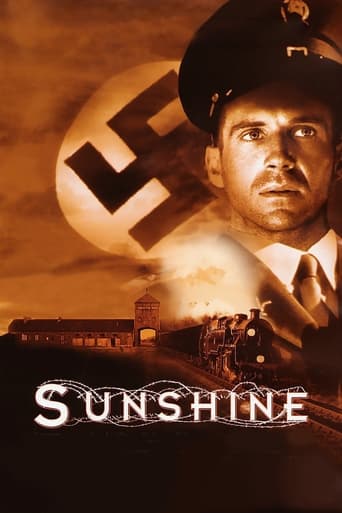
Reviews
Director Vittorio De Sica eschews the neo-realism that defined his earliest work and takes a more poetic approach with this story about a wealthy, privileged family who shut themselves away from the encroaching threat of fascism in the early days of WWII Italy. They ultimately find that their elite status does not protect them from the fascist threat, and the quietly devastating ending shows the family being separated, perhaps forever, as they are rounded up and herded into lines like so much cattle.The ending makes this film memorable, but everything proceeding it struck me as rather lightweight, given the subject matter. This isn't a movie I think back on as a masterpiece, and I think its reputation rests somewhat on the fact that De Sica, a respected master, directed it.Grade: B+
In its own quiet way this Vittorio de Sica gem is as gripping and powerful as such more graphic Holocaust films as "Schindler's List" and "Salo or the 120 Days of Sodom." It deals with a wealthy Italian Jewish family living in a secluded estate in the city of Ferrara. The Finzi-Continis are almost completely assimilated and have little in common with their fellow Jews, but once Mussolini's racial laws begin to take effect they open their gardens to young Jews from the neighborhood. The movie depicts the fatal passivity of people who think they're safe, that monstrous social upheavals won't touch them. Slowly but surely the Jews of Italy have their freedom taken away from them; before they know what's happening they're headed for Auschwitz. The movie leaves the fate of the Finzi-Continis unresolved, but we know from the novel by Giorgio Bassani that none of them survived. This film is beautifully photographed with the visual opulence one has come to expect from Italian cinema, with a haunting score and memorable performances, especially by the ravishing Dominique Sanda, quite possibly the most beautiful woman to ever appear on film. This is a movie everyone should see, since it drives home only too clearly the lesson that freedom can never be taken for granted, that what happened in Nazi Germany or Fascist Italy could happen here too. No one is safe.
Maddeningly slow-moving account of an aristocratic Italian family during the onset of World War II who conveniently ignore what is going on in the world beyond their fabled garden of contentment. It's all rather prettily photographed so that a dreamlike spell blurs much of the story and keeps the audience just as isolated from reality as the characters who inhabit THE GARDEN OF THE FINZI-CONTINI.It's a pretentious sort of film that Vittorio deSica has fashioned to illustrate what happened when Europeans isolated themselves from the ruthless turn of events that unfolded once Hitler and Mussolini came into power. Well acted by a competent cast that includes HELMUT BERGER and DOMINIQUE SANDA, it's hard to work up much interest in characters that are treated with such detachment by the screenplay.It moves predictably toward the crushing humiliation of defeat with passive Italians being marched off to suffer their fate in concentration camps, a downbeat ending to an offbeat film.Summing up: Will appeal mostly to the art house trade.
De Sica is celebrated as the man who brought "neo-realism" to film, one of the three or four philosophies that still vie as motivation for the film enterprise. It is the notion that though film necessarily artificializes, it is possible to start with truth and deliberately enhance it cinematic ally. Because he relied on class struggle, viewers mistakenly associate that with the essence of neo-realism.His early work is much celebrated, but as he aged and added layers and nuance, his relatively simpleminded audience was lost. Here we have a later masterpiece, not generally regarded as such.The basic story is of two Jewish families, the impeding brutality of fellow Italians and different approaches to life and love in the knowing face of doom. At that level, it has some charm and power.But what he has done is to invert all the values and superimpose them on the originals. Its a common technique in writing, and found of course in the novel. We have the obvious: a relatively small garden within which the inhabitants blithely create an artificial world while the real world grinds down upon them. The garden is in Europe, but it is also Europe.As I say, That's obvious. Also common (far too common) is the placement of sexual mechanics in political mechanics as if one explains the other while they cause each other. Ho Hum. But there are three other elements, and these I appreciate. While he is reversing things and overlaying them, he casts accordingly. The European fiction was that Jews were dark, earthy people. Hairy, monetary, shrewd, animal. Yet the actors who play the Jews are according to cinematic conventions of Aryans: light haired, light skinned, svelte. Their manner is similarly cinematic (and the Nazi/fascist movement was inherently cinematic): completely unconcerned about money and politics and instead concerned about poetry and idleness. Roles reversed: we know this for certain when the (Jewish) girl tells her (non-Jewish) suitor he is not her type; too communist and too hairy.There's another, explicit inversion: the thing is a movie, but the anchor of reality within it is, well, movies. Three times. Plus our hero goes from Passover at his house where the family is singing something vapid to the Finzi-Continis where they are doing something movie-like" looking into a glass to see the future.Third: we know this is not straight-on narrative, because the camera has a habit of drifting out of the narrative frame. Kar-Wai is the current master of this and for the same reason.Naturally, underlying it all is that this is not the work of fascists or Nazis, but of Italians and Germans. Not few, but many, essentially all. Because of that one thing, I find this more powerful than "Schindler's List." Sure, his people were more demonstrably evil, but so are all his villains in his fakey worlds. It doesn't make it real if he shows real history in the same theatrical way. No, for real evil we have to see how ordinary it is.Ted's Evaluation -- 3 of 3: Worth watching.
